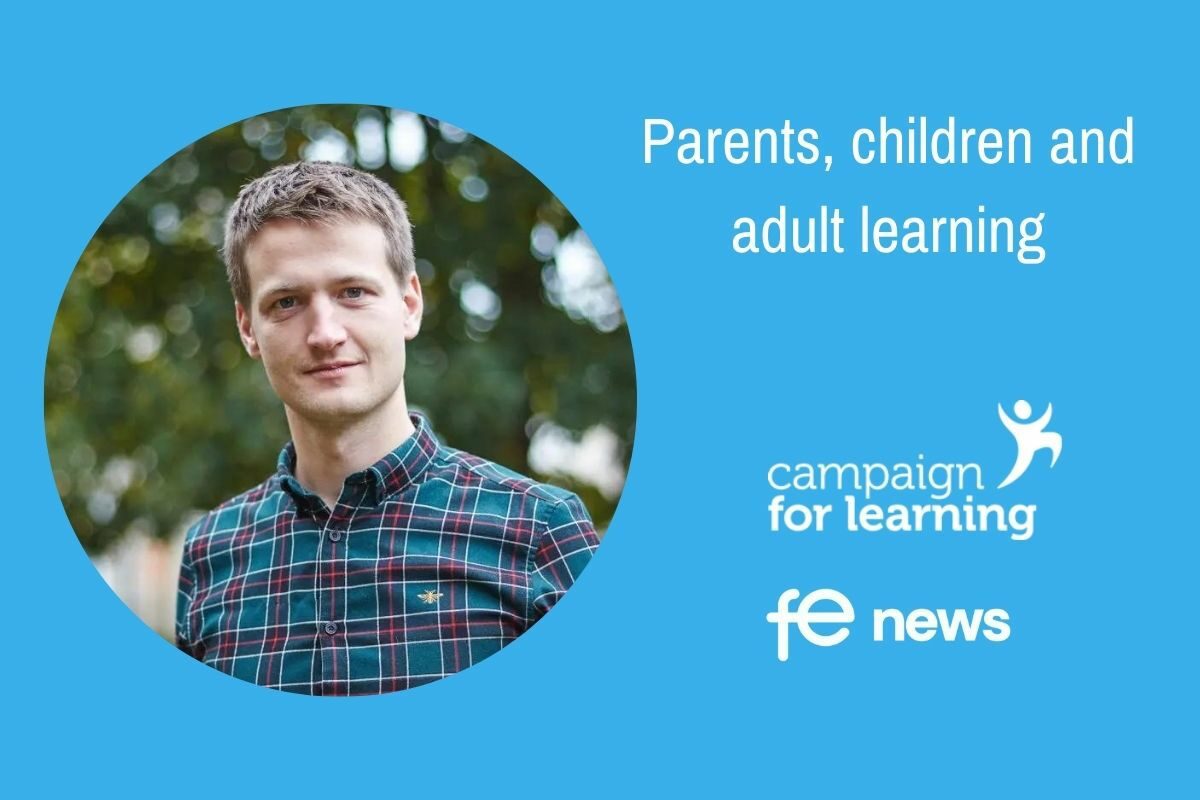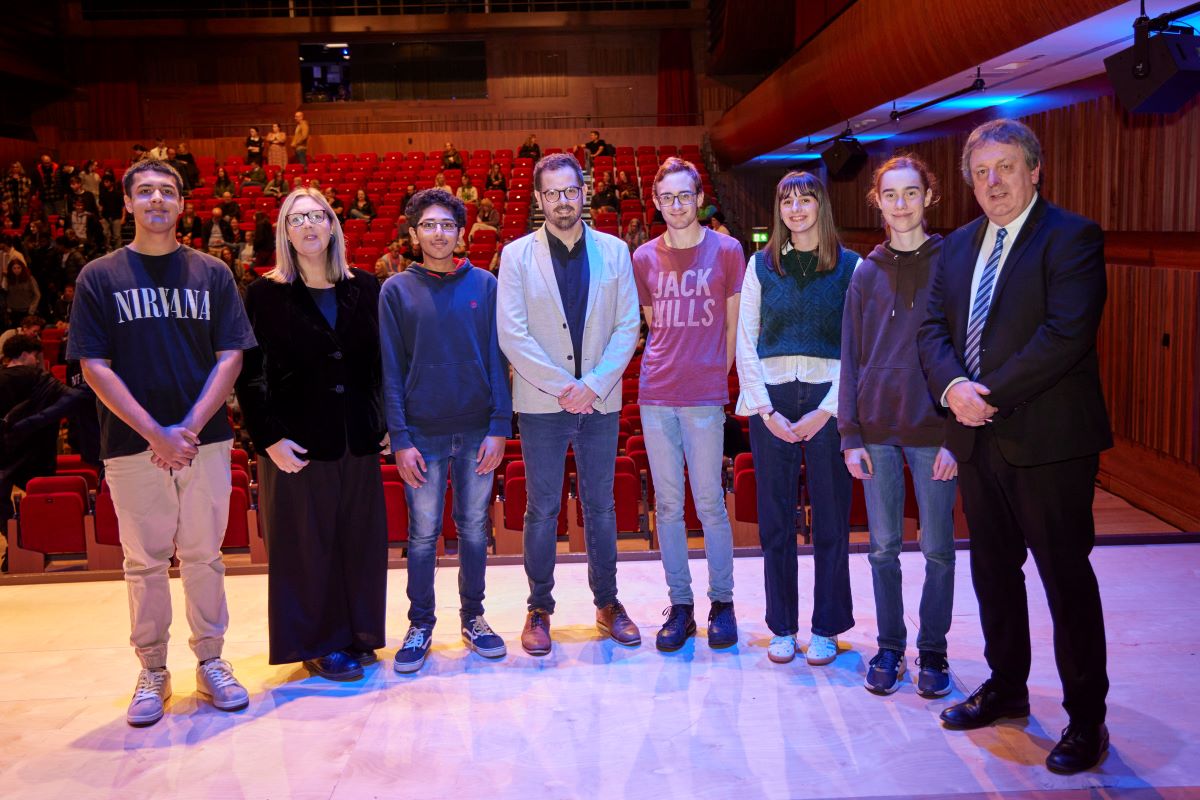Using Technology to Help Parents Bridge the Gap in Child Learning

In the UK, not all children have a fair shot at education. Despite being a focus for all schools, the Education Policy Institute recently found that children from disadvantaged backgrounds are on average nine months behind their peers by the time they leave primary school (EPI, 2020). This has been exacerbated by the impact of Covid-19 and school closures.
Schools Need Help from Parents
We cannot leave it to schools alone to break this link between family income and educational achievement. Only 14% of the disadvantage gap at age 11 is related to what happens at school (IFS, 2010). This is compared to 49% explained by parents’ own education, and the attitudes and behaviours they exhibit with their child. Parents, therefore, have a critical role to play in learning and bridging the attainment gap.
Parents Need to be Engaged in Learning Not in School
When thinking about parental engagement, the focus needs to be on parental engagement in learning, not in the school, as this holds the greatest chance of benefit for the child (Goodall & Montgomery, 2014).
The ‘Learning with Parents’ programme focuses on parental engagement in children’s learning in the home. We support all families to have frequent, positive, meaningful interactions, and for these to be sustained over time.
Focusing on the Most Disadvantaged Children
If we design programmes and products without considering the barriers faced by the most disadvantaged families, we will create solutions that only work for the parents who are already engaging. This risks widening the attainment gap. We need to focus on how we support the most disadvantaged families to engage in their children’s learning.
All parents want the best for their children, but some struggle to convert good intentions into daily habits and routines of how they interact with their children (Kalil, 2020). We need to ensure that parents from the most disadvantaged families are motivated, empowered and able to reflect.
Motivating Parents
Parent motivation to engage in their children’s learning is influenced by a complex variety of factors. One factor is the influence of their peers (Curry, 2015). Another is the attitude of their child, their relationship with practitioners and their awareness of their own impact (Harris and Goodall, 2008).
Our programme includes ‘parent champions’, a child reward scheme, practitioner CPD and careful messaging to target each of these factors respectively.
We also help to ensure that parents are motivated through text messages, which builds on research about the effectiveness of texting parents, including the EEF’s study (EEF, 2016), and Chicago University’s PACT experiment, in which texts increased reading frequency by 2.5 times (Mayer, 2015).
Empowering Parents
For many parents, low confidence and weak academic skills make it difficult for them to support their children’s literacy (Kalil, 2015). We provide child-led, informative videos to upskill parents with the key concepts required to support their children. We ensure our content is as inclusive as possible. For example, we adopted best practice for parents with English as an additional language such as using visual aids and highlighting key vocabulary (e.g. Premier, 2019). Our research showed child enjoyment was a key indicator of parents’ likelihood to engage, so we ensure our games are genuinely fun.
Use of Technology
Teachers are encouraged to reflect on practices in the classroom, but they do not know what goes on at home. Surveys which are frequently used to gather additional information do not address this gap, as it tends to be the parents with the most social capital and high literacy skills who respond. Technology gives us the opportunity to capture real time insights into what is happening at home.
Our programme collects significant user interaction data and feedback such as timings, ratings, comments and photos from the families we work with. As we focus on supporting disadvantaged children, we link this data to the children’s Free School Meal (FSM) status. This allows us to provide insights into how the interactions between parents and children vary between FSM and non-FSM children. For instance, we know that most teachers set homework on Monday and Friday, but most parents do it on Sunday afternoon. Initial findings also showed that children on FSM do homework 30 minutes later in the day.
We share these insights at class and school levels. The feedback helps teachers to track home learning, giving them an insight into their children’s understanding and informing their in-class practice. We also use comments and site data to reflect and drive iterative programme improvement. By doing this, we ensure that the most disadvantaged parents are motivated and empowered to support their children’s learning.
Parents have a critical role to play in promoting learning. However, inclusive parental engagement is not easy. It is essential to continue to generate evidence-based strategies for promoting parental engagement in learning and technology can support this.
Recommendation 1
When looking at parental engagement, the focus must be on parental engagement in learning, not school.
Recommendation 2
When looking at parental engagement, we have to explicitly focus on the most disadvantaged parents and carers, to avoid further widening the attainment gap.
Recommendation 3
Using technology allows us to get an insight into the reality of parental engagement at home and what strategies ensure that parents are motivated and empowered to engage in their children’s learning.
By Tom Harbour, Chief Executive, Learning with Parents
Read Campaign for Learning‘s press release here.
Parents, Children and Adult Learning: Family Learning Policy in the 2020s
Read previous articles here:
- Driving-Up Parental Engagement in Educational Catch-Up, Sam Freedman, Research Fellow, Institute for Government
- Focusing on Parents to Improve Social Mobility, Lee Elliot-Major, Professor of Social Mobility, University of Exeter
- Encouraging Parental Involvement in Children’s Learning Through School Communication, Adrian Burt, Founder, MarvellousMe
- Balancing Parental Support and Independence of 16-18 Year Olds in Further Education, Noni Csogor, Research and Policy Manager, Sixth Form Colleges Association
- Involving Parents and Guardians in Careers Support for 11-18 Year-Olds, Lesley Thain, Head of Career Programmes, Gatsby Foundation
- Enabling Parents to Get What They Need to Support Children to Learn, Kerry-Jane Packman, Executive Director, Parentkind
- Working with Parents in the Early Years to Get More Children School Ready, Louise Bazalgette, Deputy Director, Nesta











Responses